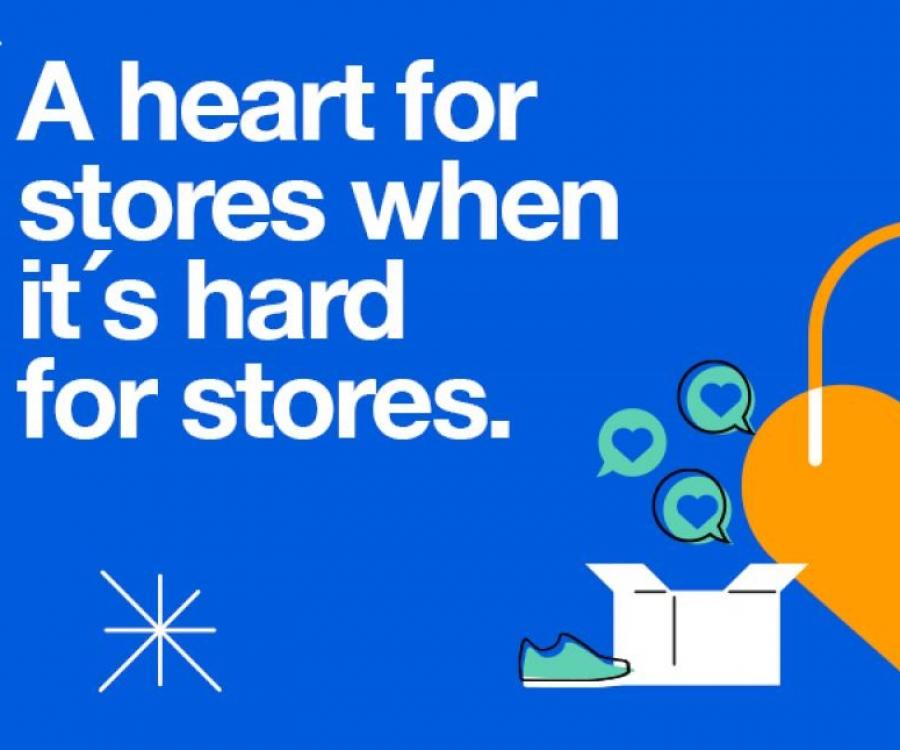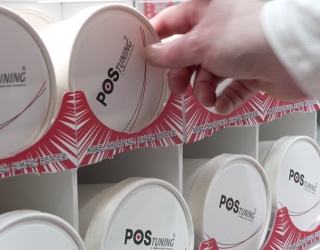Even without the hype around Black Friday growing at this time of year, Generation Consumer is clearly here to stay, with popularity of online shopping continuing to go from strength to strength.
Most consumers rate the freedom to shop at any time as the most important benefit of the online retail revolution according to the latest findings of a major research project into the online shopping preferences across the UK conducted by Tryzens, a leading provider of digital commerce and retail managed service solutions.
Part two of the research, UK Online Shopping Consumer Preferences – was published today as a further insight from the first major research project of its kind to explore the choices, experiences, preferences and behaviours of 1,000 UK consumers based on gender, age, income level and region.
Well over three quarters of UK consumers (79 per cent) rate the freedom to shop at any time as the most significant benefit of online shopping followed by the ability to find the best price before purchasing and the ability to see the widest range of options available across multiple stores. Conversely, consumers’ primary dislikes about online shopping are consistently ranked as an inability to touch or try the product (57 per cent) with two security related concerns over account and credit card security being cited by a combined 72% of the participants. A further 41 per cent disliked the hassle of making returns for unwanted or incorrect products received.
When it comes to the feature set available to consumers online, there was clear and consistent prioritisation across all demographic ranges that consumers place on these features. Tryzens have summarised these priorities into a form of Hierarchy of Needs for Consumers which they describe as:
- Core Competence: The absolute basics building blocks of engaging with an ecommerce site that are still not consistently delivered according to the research. These features are logical site navigation, effective search facility, access to best prices and, ideally, free delivery.
- Enhanced Essentials: One the Core Competence is established, consumer needs evolve to prefer great delivery and payment options, access to discounts and offers and a simple returns service.
- Valuable Add-Ons: These solutions enrich the personal experience of the consumer if the basic features above have been delivered well. They include personalised content, loyalty programmes, ratings and reviews and alignment of in-store and online experience (where relevant).
- Acceptable Alternatives: Last but by no means least are the features that are acceptable to the consumer as ways of working even if they are not the first choice such as Click’n’Collect which is favoured if getting to a collection point is easy, or Live Chat if help is needed from an agent if self-service is not intuitive enough.
Andy Burton, CEO, Tryzens, stated: “Retailers have significant opportunity to proactively address the opportunity presented in the Consumer Hierarchy of Needs head-on by reviewing their own site against these priorities. It is interesting to note in our Research that even when it came to reviewing the experience of the most liked and used retail sites, that improvements were still sought by consumers around what we have termed the Core Competence features as the priority."
Burton added, “That said it is not all about technology, but also about transparency and building trust with the consumer online. Our findings are that retailers have a great opportunity to build relationships and trust by being simple to do business with, by signposting their commitment to security and their observance of regulations and best practice in trading.”
“Looking to the future, perhaps the most evident recognition of the growing power of Generation Consumer is that retailer’s social media is now seen as more influential to consumers than print advertising and not surprisingly this also aligns with the under 25s. The dramatic growth in social media has tremendous potential to influence a buying decision through celebrity endorsements, trending news stories, brand marketing and the like to target specific product sales. With the innovation and investment being made by the big social networks into retail-ready content and integration in to ecommerce we expect to see a dramatic shift toward customer journeys starting off of the actual online store in the years ahead” concluded Burton.
The full white paper can be downloaded by visiting http://tryzens.com/expertresearch/.
Source: Tryzens





